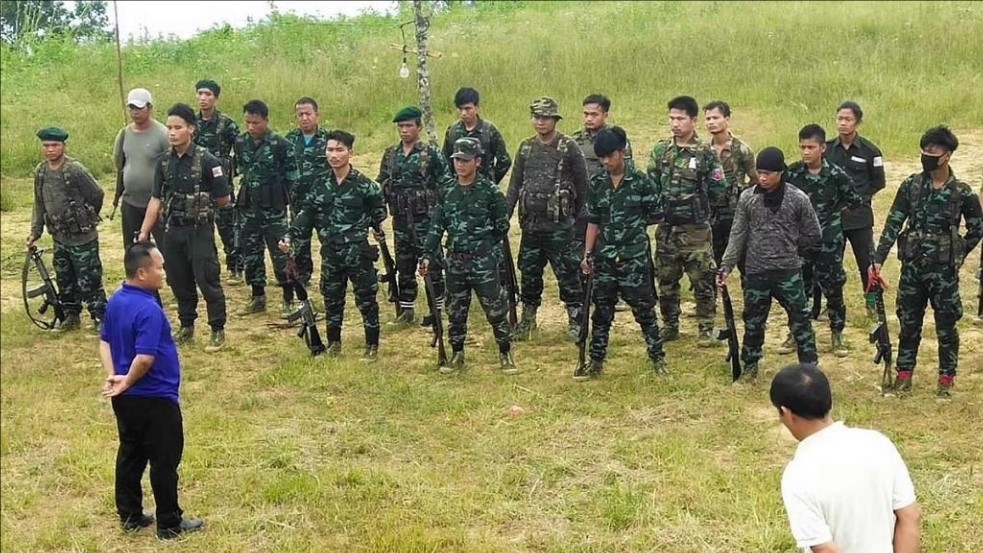Nagaland Peace Talks in Jeopardy Amid NSCN-IM's Allegations of Indian Security Forces' Kuki Rebel Alliance

Tensions rise in Nagaland as NSCN-IM accuses Indian security forces of colluding with Kuki rebels, potentially jeopardizing ongoing peace talks. This escalation highlights complex ethnic dynamics and impacts regional stability.
Tensions are escalating in Nagaland as the National Socialist Council of Nagaland-Isak-Muivah (NSCN-IM) accuses Indian security forces of collaborating with Kuki rebel groups operating in neighboring Manipur. The NSCN-IM, a significant participant in ongoing peace talks with the Indian government, firmly denies any involvement in the recent violence between the Meitei and Kuki-Zo communities in Manipur. Instead, they allege that the Indian Army's Assam Rifles (AR) and Para Regiment are siding with Kuki militants, particularly the Kuki National Army (KNA) from Myanmar.
The NSCN-IM claims this alleged collaboration has led to a volatile "war-like" atmosphere along the India-Myanmar border, with increased movement and activity by Kuki militants. They also accuse the National Investigation Agency (NIA) of falsely implicating them in the Manipur conflict to deflect blame.
These accusations pose a serious threat to the peace talks between the NSCN-IM and the Indian government. Trust and transparency are vital for these discussions to progress, and the current situation risks undermining the advances made so far.
The KNA and other Kuki groups have reportedly been active in the Manipur conflict, with open-source information indicating cross-border movements between Manipur and Myanmar. The KNA, which has been involved in various insurgent activities, seeks autonomy and has been part of the complex ethnic dynamics in the region.
The NSCN-IM, formed in 1980, has been fighting for Naga sovereignty and greater autonomy. After decades of conflict, the group entered into peace talks with the Indian government in 1997, leading to a ceasefire agreement. Despite ongoing negotiations, a final peace accord has yet to be reached, with both sides working through various issues, including territorial claims and political autonomy.
The recent allegations by the NSCN-IM add a layer of complexity to an already intricate situation. The Indian government has not officially responded to these claims, but the accusations could strain the relationship between the NSCN-IM and the Indian state, potentially impacting the broader peace process.
The future of the Naga peace process remains uncertain. It is crucial for all parties involved to prioritize dialogue and cooperation to achieve a lasting and peaceful resolution to this long-standing conflict. The Indian government must address these allegations transparently to maintain the trust essential for the peace talks. Simultaneously, the NSCN-IM needs to engage constructively in the negotiations to ensure the aspirations of the Naga people are met within a framework acceptable to all stakeholders.
As tensions rise, the international community and regional observers will closely watch developments in Nagaland and Manipur. The successful resolution of these conflicts is vital for the stability and prosperity of the northeastern region of India, which has long been marred by insurgency and ethnic strife.


